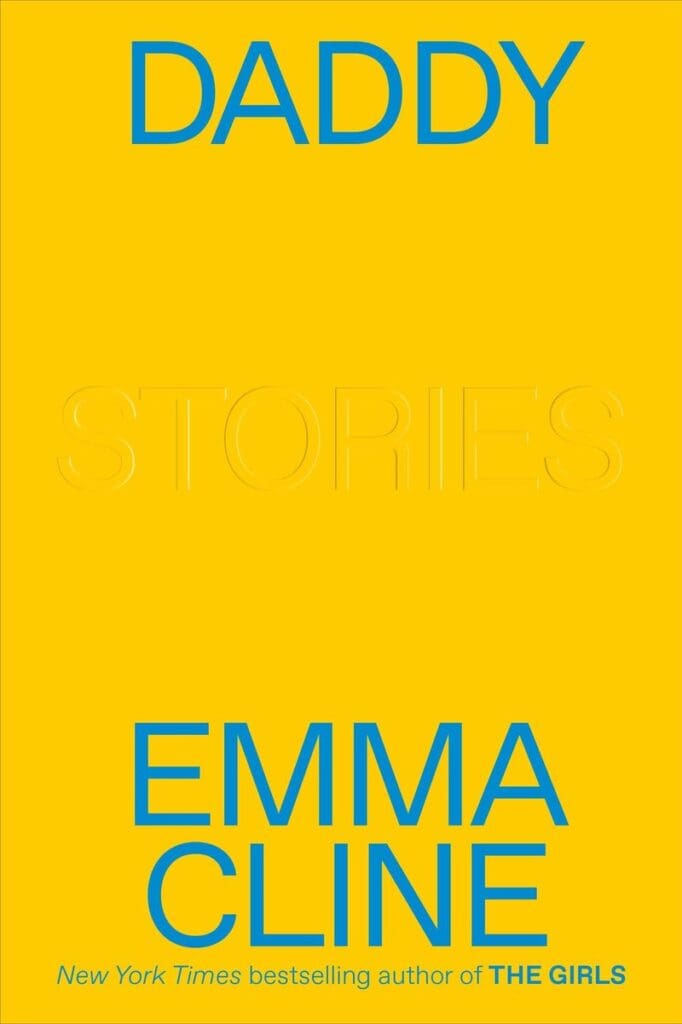The coverage surrounding Emma Cline’s rise to literary fame has tended to focus on everything but her work—a seven-figure book deal with Random House, her young age, a copyright case involving an ex-boyfriend that was definitively shot down in court. But unfortunate as this is, the writing is what matters. Cline’s first novel, The Girls, transplanted the story of the Manson Family to late Sixties Northern California. While the Manson murders were a well-trod subject long before the book was published in 2016, Cline found a way to make the narrative feel compelling again by using it to tell a coming-of-age tale suffused with a dreamy, poetic style not unlike Jeffrey Eugenides’ The Virgin Suicides. Cline’s work is intensely cinematic (she has collaborated with director Brian De Palma on a short film), yet she possesses a gift for rendering the sleights and pain, both real and perceived, that define adolescence, and the ways they can follow us into adulthood. Cline also isn’t afraid to shock, which may be why her new story collection is titled Daddy (267 pages; Random House).
The book gathers eight stories previously published in venues like The New Yorker and The Paris Review, alongside two new pieces. And while Daddy may not match the manifold pleasures of Cline’s novel, at its best the collection scratches at some elusive notions about the way we live today. In these ten stories, which have some of the appeal of Mary Gaitskill’s Bad Behavior, Cline examines the performative nature of social media that has begun to seep into our real world interactions; the endless dance of disappointment and regret between parents and their adult children; and the sneaking 21st century suspicion that many of us, anesthetized by our drugs of choice (be they prescription or otherwise) are operating on a kind of groggy autopilot in even our closest relationships.
In the provocative “Los Angeles,” a young woman named Alice who works at a trendy clothing chain (a clear stand-in for the now defunct American Apparel) begins selling her underwear to men on the Internet. Though this story offers an unsettling glimpse at certain corners of the web, more memorable is the way Cline conveys how blasé the commodification of sex has become in our culture. (“They sold cheap, slutty clothes in primary colors, clothes invoking a low-level athleticism—tube socks, track shorts—as if sex was an alternative sport…All the models’ hair looked a little greasy, their faces a little shiny. Alice supposed this was to make sex with them seem more likely.”) We see how it has been internalized by younger generations, as exemplified by Alice’s friendship with her much co-worker, a seventeen-year-old who tips her off to the online market for women’s underwear: “It was strange how good-looking teenagers were these days, so much more attractive than the teenagers Alice and her friends had been. Somehow these new teenagers all knew how to groom their eyebrows.”
“The Nanny” might be the story which comes closest to replicating the dark magic of The Girls; we follow the former nanny of an A-List Hollywood couple who must go into hiding after her affair with the husband goes public and she finds herself pursued by the paparazzi. As seemingly difficult to relate to as this scenario sounds, the story proves haunting as the narrator’s paranoia reminds the reader that all of us are alternately monitored or hounded, to some extent, in this digital age:
Kayla smiled and sucked in her stomach, just in case—because who knew? Maybe there was a photographer, hidden out there in the darkness, someone who’d been watching her, who’d followed her here, someone who had waited, patiently, for her to appear.
The collection concludes with “A/S/L,” in which a woman in her early thirties checks herself into a rehab facility after she develops an obsession with impersonating underage girls on the internet. As evidenced throughout Daddy, Cline’s excels at portraying a disaffected view of contemporary life, like when the main character in “A/S/L” criticizes her husband’s propensity for informative podcasts in a passage that’s bitterly humorous and not without truth:
…James’s iPad, the iPad he loaded with podcasts about political crimes and interviews with precocious teens starting businesses. She’d tried listening to one of them once, one of James’s beloved podcasts: when had life become so dull, an extended social studies class where you were supposed to summon interest in the workings of corporations, the minutiae of historical events, spend your free time cramming for a test that didn’t exist?
Everyone was suddenly trying, so very hard, to learn things.
Though none of its stories bears the title, it makes sense the collection is called Daddy. So many of them are about patriarchs, or men in positions of power who have abused said power, whether it’s the opener’s middle-age father estranged from his millennial children (“He was thirty when Sam was born. Now kids got a whole extra decade to do—what? Float around, do these internships”) and unable to face the reality of his violent temper, or the narrator in “Northeast Regional,” who repeatedly demands his young son’s girlfriend finish her meal at a restaurant until she’s reduced to tears. Yet Cline is committed to capturing these characters’ interiority, which means we often see things from their perspective, rendering them at times sympathetic, even as we witness how willfully ignorant they are of the damage they have wrought.
Daddy makes for a dark, complicated collection for a dark, complicated time; many of the stories serve as a reminder that, before the pandemic effectively put the country under lockdown, our culture was putting in the long overdue work of reckoning with those who had previously abused and harassed with impunity, and that work has to continue even in this strange new world we find ourselves. One also suspects Daddy is precisely the kind of release to steer the conversation surrounding Cline away from idle gossip and back where it belongs: on a bold new voice in contemporary fiction.

